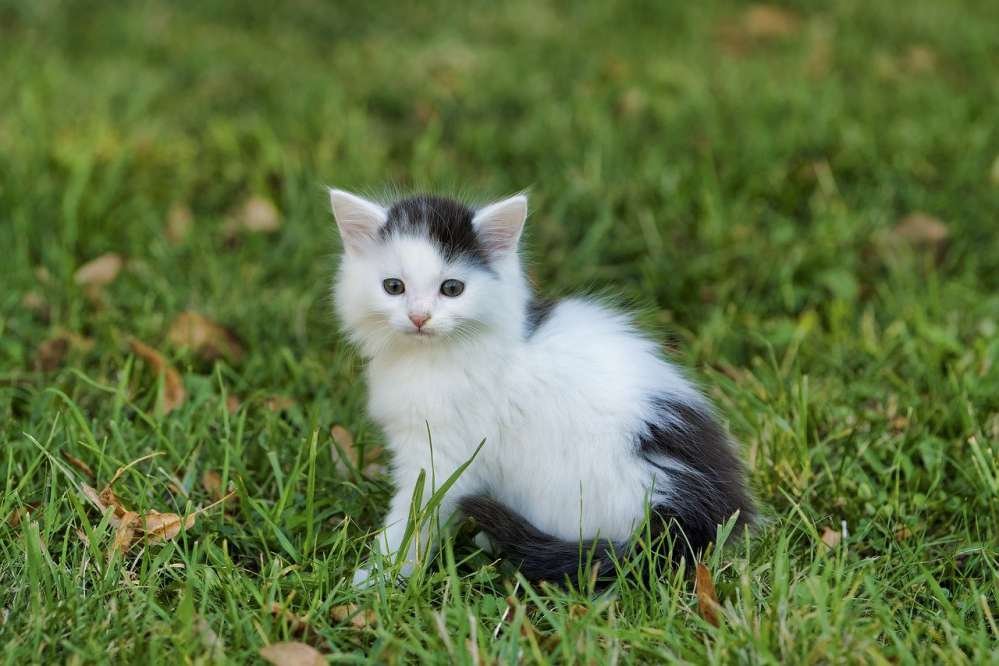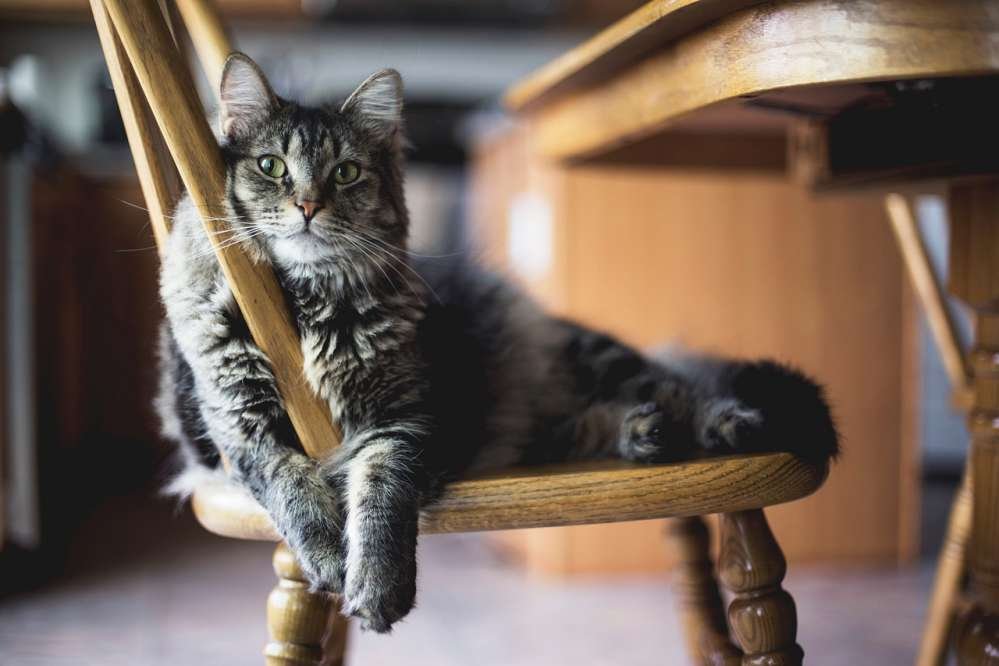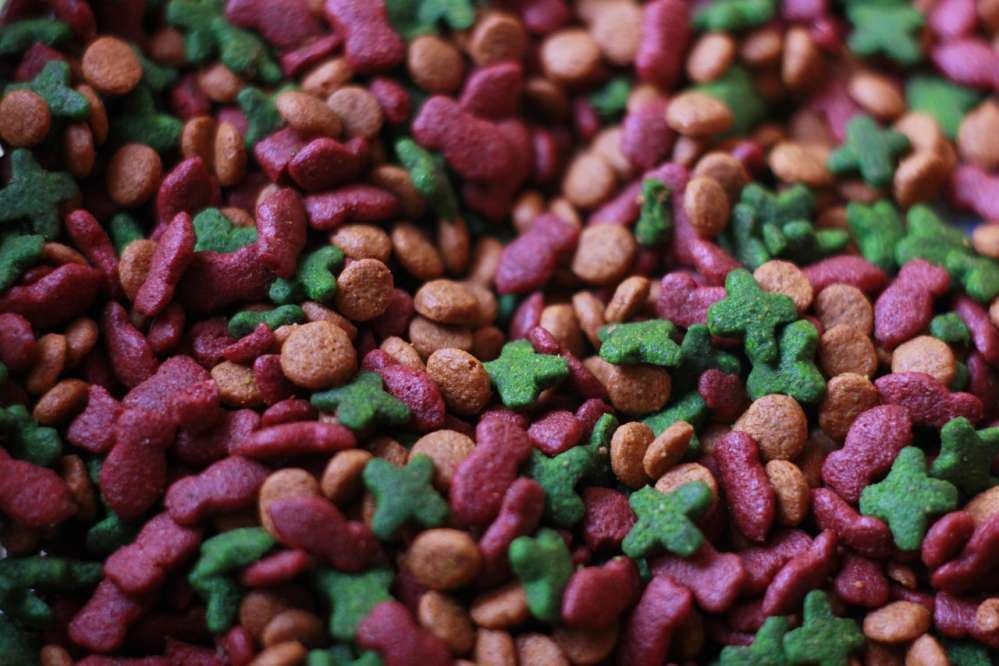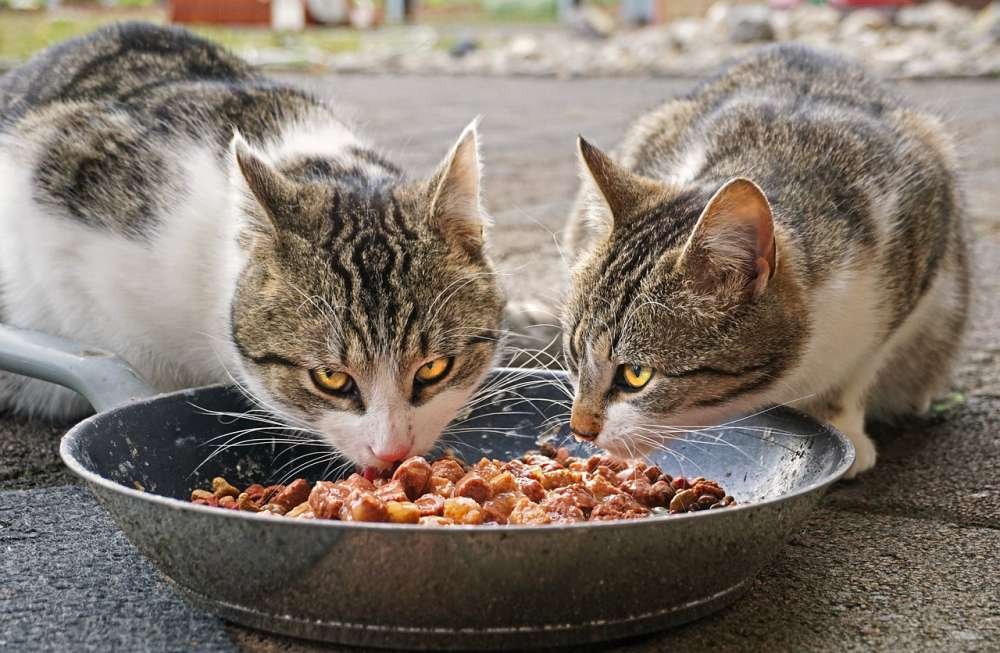As a cat owner, you want the best for your furry friend. One way to ensure your cat’s health and happiness is by preparing homemade meals. In this blog post, we’ll explore five simple and nutritious homemade pet food recipes for cats that will have your feline friend purring with delight. Let’s dive into the world of cat nutrition and discover how you can make tasty meals for your beloved pet right in your own kitchen!
Why Consider Homemade Cat Food?
Before we jump into the recipes, let’s talk about why you might want to consider making your cat’s food at home. Store-bought cat food is convenient, but homemade meals offer several benefits:
- Control over ingredients
- Freshness
- Customization for your cat’s needs
- Avoiding preservatives and additives
However, it’s important to note that creating a balanced diet for your cat requires careful planning. Always consult with your veterinarian before making significant changes to your cat’s diet.
Essential Nutrients for Cats
To create nutritious homemade cat food, you need to understand the key nutrients cats require:
- Protein: Cats are obligate carnivores and need high-quality animal protein.
- Taurine: An essential amino acid for cats, found in animal tissues.
- Fatty acids: Important for skin, coat, and overall health.
- Vitamins and minerals: Necessary for various bodily functions.
Now that we’ve covered the basics, let’s dive into our homemade pet food recipes for cats!

1. Chicken and Rice Delight
This simple recipe is a great starting point for homemade cat food.
Ingredients:
- 1 cup cooked chicken, finely chopped
- 1/4 cup cooked white rice
- 1/4 cup chicken broth (low-sodium)
- 1 tablespoon finely chopped carrots
- 1 teaspoon fish oil
Instructions:
- Cook the chicken thoroughly and chop it into small pieces.
- Cook the rice according to package instructions.
- Steam the carrots until soft and chop finely.
- Mix all ingredients in a bowl.
- Allow to cool before serving.
This recipe provides a good balance of protein, carbohydrates, and essential fatty acids. The chicken is an excellent source of protein and taurine, while the rice offers easily digestible carbohydrates. The fish oil adds important omega-3 fatty acids for your cat’s skin and coat health.
2. Fishy Feast
Many cats love fish, and this recipe is sure to be a hit with seafood-loving felines.
Ingredients:
- 1 cup cooked salmon or tuna
- 1/4 cup cooked sweet potato, mashed
- 2 tablespoons cooked peas
- 1 tablespoon olive oil
- 1/4 teaspoon bone meal powder
Instructions:
- Cook the fish thoroughly and flake it into small pieces.
- Cook and mash the sweet potato.
- Steam the peas until soft.
- Mix all ingredients together.
- Allow to cool before serving.
This recipe is packed with omega-3 fatty acids from the fish, which are great for your cat’s overall health. The sweet potato provides fiber and vitamins, while the peas add a touch of plant-based protein and nutrients.
10 Common Pet Owner Mistakes You Need to Avoid for a Happy, Healthy Pet
3. Turkey and Veggie Medley
For cats who enjoy a variety of flavors, this recipe combines lean turkey with nutrient-rich vegetables.
Ingredients:
- 1 cup cooked ground turkey
- 1/4 cup cooked quinoa
- 2 tablespoons finely chopped spinach
- 2 tablespoons finely chopped zucchini
- 1 teaspoon salmon oil
Instructions:
- Cook the ground turkey thoroughly.
- Cook the quinoa according to package instructions.
- Steam the spinach and zucchini until soft, then chop finely.
- Mix all ingredients together.
- Allow to cool before serving.
This recipe offers a good balance of protein from the turkey, complex carbohydrates from the quinoa, and vitamins and minerals from the vegetables. The salmon oil provides essential fatty acids for your cat’s health.

4. Beef and Liver Boost
This recipe is excellent for cats who need an extra protein boost or those who enjoy stronger flavors.
Ingredients:
- 3/4 cup cooked lean ground beef
- 1/4 cup cooked chicken liver
- 1/4 cup cooked brown rice
- 1 tablespoon finely chopped pumpkin
- 1/2 teaspoon calcium powder
Instructions:
- Cook the ground beef and chicken liver thoroughly.
- Cook the brown rice according to package instructions.
- Steam and finely chop the pumpkin.
- Mix all ingredients together.
- Allow to cool before serving.
The combination of beef and liver in this recipe provides a high-quality protein source rich in taurine. The brown rice offers complex carbohydrates, while the pumpkin adds fiber and vitamins. The calcium powder ensures your cat gets enough of this essential mineral.
The Ultimate Guide: How to Take Care of a Pet Cat and Ensure Their Health and Happiness
5. Rabbit and Carrot Stew
For a unique twist on homemade cat food, try this rabbit-based recipe.
Ingredients:
- 1 cup cooked rabbit meat, finely chopped
- 1/4 cup cooked millet
- 2 tablespoons finely chopped carrots
- 1 tablespoon sunflower oil
- 1/4 teaspoon taurine supplement
Instructions:
- Cook the rabbit meat thoroughly and chop finely.
- Cook the millet according to package instructions.
- Steam and finely chop the carrots.
- Mix all ingredients together.
- Allow to cool before serving.
Rabbit is a lean protein source that many cats enjoy. The millet provides easily digestible carbohydrates, while the carrots offer vitamins and fiber. The sunflower oil adds healthy fats, and the taurine supplement ensures your cat gets enough of this crucial amino acid.
Tips for Preparing Homemade Cat Food
When making homemade pet food recipes for cats, keep these tips in mind:
- Always cook meats thoroughly to kill harmful bacteria.
- Introduce new foods gradually to avoid digestive upset.
- Store homemade cat food in airtight containers in the refrigerator for up to 3 days, or freeze for longer storage.
- Consider adding a feline vitamin and mineral supplement to ensure your cat gets all necessary nutrients.
- Monitor your cat’s weight and adjust portion sizes as needed.
The Importance of Balance in Feline Nutrition
While these homemade cat food recipes can be a great addition to your cat’s diet, it’s crucial to remember that cats have specific nutritional needs. A balanced diet is essential for their overall health and well-being. Here are some key points to keep in mind:
- Protein requirements: Cats need a diet high in animal-based proteins. Aim for recipes where at least 50% of the calories come from protein sources.
- Taurine: This amino acid is crucial for cats and must be supplied in their diet. It’s found naturally in animal tissues, especially heart and liver.
- Fatty acids: Cats require certain fatty acids, like arachidonic acid, which they can’t produce on their own.
- Calcium and phosphorus: These minerals are essential for bone health and must be provided in the correct ratios.
Transitioning to Homemade Cat Food

If you decide to switch your cat to a homemade diet, it’s important to do so gradually. Here’s a suggested timeline:
- Week 1: 75% current food, 25% new homemade food
- Week 2: 50% current food, 50% new homemade food
- Week 3: 25% current food, 75% new homemade food
- Week 4: 100% new homemade food
During this transition, watch your cat closely for any signs of digestive upset or food aversion. If you notice any issues, slow down the transition process.
When to Consult a Veterinarian
While homemade cat food can be a great option for many cats, it’s not suitable for every feline. Always consult with your veterinarian before making significant changes to your cat’s diet, especially if your cat:
- Has existing health conditions
- Is pregnant or nursing
- Is very young or very old
- Has a history of food sensitivities or allergies
Your vet can help you create a balanced meal plan and may recommend specific supplements to ensure your cat’s nutritional needs are fully met.
Conclusion: A Labor of Love
Preparing homemade meals for your cat is a labor of love that can contribute to their health and happiness. These five homemade pet food recipes for cats offer a great starting point for exploring feline nutrition at home. Remember, the key to success is balance, variety, and attention to your cat’s individual needs.
By taking the time to prepare these meals, you’re not just feeding your cat – you’re nourishing the bond between you. As you experiment with these recipes, you’ll learn more about your cat’s preferences and nutritional needs, allowing you to tailor their diet for optimal health.
Always monitor your cat’s health and behavior when introducing new foods, and don’t hesitate to reach out to your veterinarian with any concerns. With patience, care, and these delicious recipes, you’re well on your way to becoming your cat’s favorite chef!
Remember: A well-fed cat is a happy cat, and a happy cat makes for a joyful home!
FAQs
Is homemade cat food better than commercial pet food?
Unless specifically designed by a veterinarian nutritionist for specific dietary issues, homemade food is typically worse than high-quality commercial cat food as homemade recipes often do not have the right balance of nutrients and may be deficient if not carefully designed to meet a cat’s complete nutritional needs.
What ingredients should I include in homemade cat food?
A good homemade cat diet should contain high-quality animal protein with fibrous vegetables and vitamin and mineral supplement.
Can I use human food to make cat food?
Some human foods are safe for cats to eat in moderation. Some of the things you can feed your furry friend, as mentioned above, include cooked, unseasoned, and deboned meat such as chicken, turkey, and beef, or small amounts of some vegetables like carrots and peas.
How much homemade food should I feed my cat?
The calorie needs of your cat vary depending on the amount of food you give them and vice versa, which is why it can be difficult to determine the amount of homemade that must be fed. As a general rule of thumb, an adult cat needs approximately 200 calories a day, or about 6 ounces of homemade meals.
Are there any ingredients I should avoid in homemade cat food?
Yes, you should not use many ingredients to make homemade cat food, some of which are toxic to cats. Ex: Raw meat and bones, Dairy, Grains, Preservatives, artificial flavors, and colors, Sugar, Spices, Chocolate, onions, garlic, grapes, raisins, sultanas, alcohol, yeast-containing dough, citrus, raw potatoes.
How long can homemade cat food be stored?
Homemade cat food should be good in the refrigerator for around 3-5 days and in the freezer for up to four months.
Do I need to add supplements to homemade cat food?
Without vitamin and mineral supplements, it is nearly impossible to formulate a nutritionally complete and balanced cat food. Usage notes: steer clear of any recipe that claims to provide all nutrients your cat needs without supplementation.

